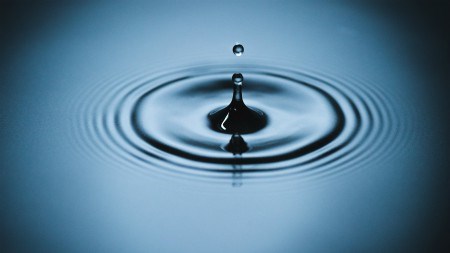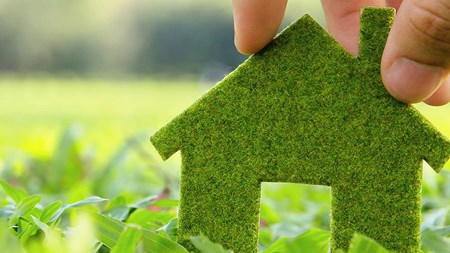As an essential sector for the development of the region, what can Cape Town’s property developers do to continue providing housing for Capetonians, while reducing their water usage and becoming more water-conscious in the current circumstances - and for the long-term too?
According to the Department of Water and Sanitation, South Africans currently consume more water per capita at approximately 237 litres per day than the world average of approximately 173 litres per day. Further, South Africa has a semi-arid climate, with an average annual rainfall of 465 mm, compared to the world average of 860 mm. As a result, South Africa’s water resources are scarce and extremely limited. Against this background, the department calls on all South Africans to continue saving water, bearing in mind that the country is heading for a dry winter season when access to clean drinking water will be a challenge for all of us.
Although in Cape Town, Day Zero has been delayed, the city’s four million occupants - who use nearly 70%* of supplied water – are still being encouraged to do all they can to conserve and repurpose every drop of their restricted daily water allocation.
Cape Town Deputy Executive Mayor, Ian Neilson, has proposed that the construction industry, in particular, reviews how it uses water. The industry contributes significantly to economic growth and infrastructure development, and despite challenges the drought has led to such as the City of Cape Town imposing water restrictions on property developers, demand for property has not dried up.
According to global property consultancy, Knight Frank, Cape Town is still one of the world’s most sought-after locations, and the city’s luxury market has been ranked second on the Prime International Residential Index 100 (PIRI100).
As an essential sector for the development of the region, what can Cape Town’s property developers do to continue providing housing for Capetonians while reducing their water usage and becoming more water-conscious in the current circumstances - and for the long-term too?
Education and training
Property developers need to prioritise training for their staff. Education on effective methods to conserve water in their daily lives (both on and off-site) as well as training on the installation of water-saving technologies are key factors to consider in this regard. An example would be to put signs up to remind employees to turn taps off property and to report leaks or incidents of water wastage. All onsite taps should also be installed with water efficient parts to minimise any wastage.
Water sources and storage
It is essential for leaders in property development to identify feasible opportunities to use alternative water sources. Rainwater harvesting, borehole water and desalination are some of the avenues to be considered. Greywater is also a great option for non-drinking purposes such as flushing toilets, watering gardens in new developments and washing away building dust on sites.
Beyond water sourcing, it is crucial that water be stored responsibly to minimise the risk of leaks, evaporation and contamination. Examples of effective water storage includes water tanks (for clean water) and filtration tanks (for unclean water).
To this end urban developers have adopted construction methods and design elements that conserve water and energy. One such developer, Blok’s latest development, EIGHTONN is a direct response to the Cape’s current climate challenges and includes a borehole connection, water filtration tanks, a rainwater harvesting system and storage tanks for stowing reserve water, along with a solenoid-actuated valve to alternate the development’s supply from municipal to rain or borehole water, depending on what is available.
Innovation
Property developers have an opportunity to build a water-saving culture into the homes they construct by including, and encouraging the installation of, innovative water saving solutions in their offering.
According to Brendan O'Brien, Chairman of the Urban Space Property Group, there has been a market shift towards water-efficient homes and water-wise, low maintenance outdoor areas.
“We have seen water saving features shoot to the top of the buyer wish list, with new homes increasingly being fitted with water saving measures, from aerated sanitary ware nozzles and spouts to rainwater catch pits,” he says.
With this in mind, there is no reason not to take advantage of innovation on the market from simple plumbing components and waterless toilets, to comprehensive green building solutions.



